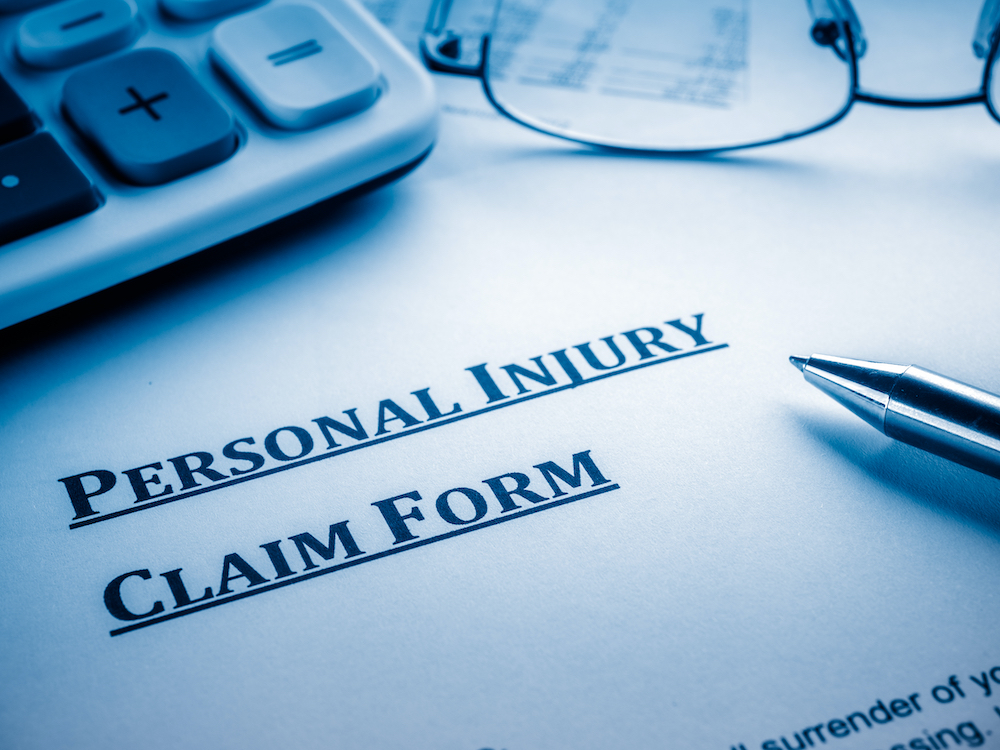3 Things To Consider When Starting Your Own Law Firm
Once many lawyers graduate from law school, they go and work for an established firm of some kind. This allows them to gain experience and work with those who can help show them the ropes. But eventually, with enough experience or clients, you may want to venture off on your own.
While starting your own firm can be a very profitable decision, it also takes a lot of hard work and dedication. But before you even lay the groundwork involved with starting your own firm, there are some things you need to ask yourself. If you don’t, you might find yourself vastly underprepared.
With that in mind, let’s go over a few considerations to make when starting your own law firm.
How Will You Stand Out Above the Competition?
Perhaps the first thing to think about is how you are going to rise above the competition. No matter where you are practicing law, you will have other firms or lawyers vying for the same clients. You need to find some creative and/or proven ways to separate yourself from the pack.
For example, this guide on law firm SEO (search engine optimization) can help you rank above your competitors to ensure you are the first option people see when people search for a lawyer in their city. Also, having a great website and social media presence can help set you apart, too. You need to market yourself well, maintain your professionalism and show potential clients why you are the right choice for them.
The Costs Involved With Starting the Firm
You also need to consider the costs of going off on your own. There are many different costs involved with starting your own firm. These include getting an office, paying for marketing, buying equipment, making a website, paying staff and many others. If you don’t think about these beforehand, they can sneak up on you and end up costing more than you would have imagined.
As for how much it will cost, that can depend. It depends on how large your office is, where it is located, how many people you plan to hire and how you market. In most cases, you should expect to spend a few thousand dollars minimum to get the business off the ground. Of course, do some independent research to find a more accurate number for your area.
Whatever your costs are, be sure you either have enough yourself, or are able to secure a fair loan to be able to get you what you need.
What Will Your Area of Practice Be?
You also need to decide on an area of practice. There are several different areas of legal practice that range from family law, to corporate law, to criminal law and many others. While you might be tempted to be a “jack of all trades” type of firm, this isn’t always the best idea.
When someone is looking for a lawyer, they are looking for someone who is a specialist. If you claim to be good at everything, many people may look for someone who solely focuses on what they need assistance with. So be sure to examine your strengths and experience, and choose an area that lines up well with them. A clearly defined practice area can help you build credibility quickly and you will often have an easier time finding clients.
In conclusion, we hope that this article has been able to help you see what you will need to consider when starting your own law firm.



 Something unfortunate has happened, and your solution involves our legal system. However, you may not be sure where to begin or who you can trust to get the help you need. While you probably do need an attorney, searching for legal help may seem overwhelming.
Something unfortunate has happened, and your solution involves our legal system. However, you may not be sure where to begin or who you can trust to get the help you need. While you probably do need an attorney, searching for legal help may seem overwhelming.